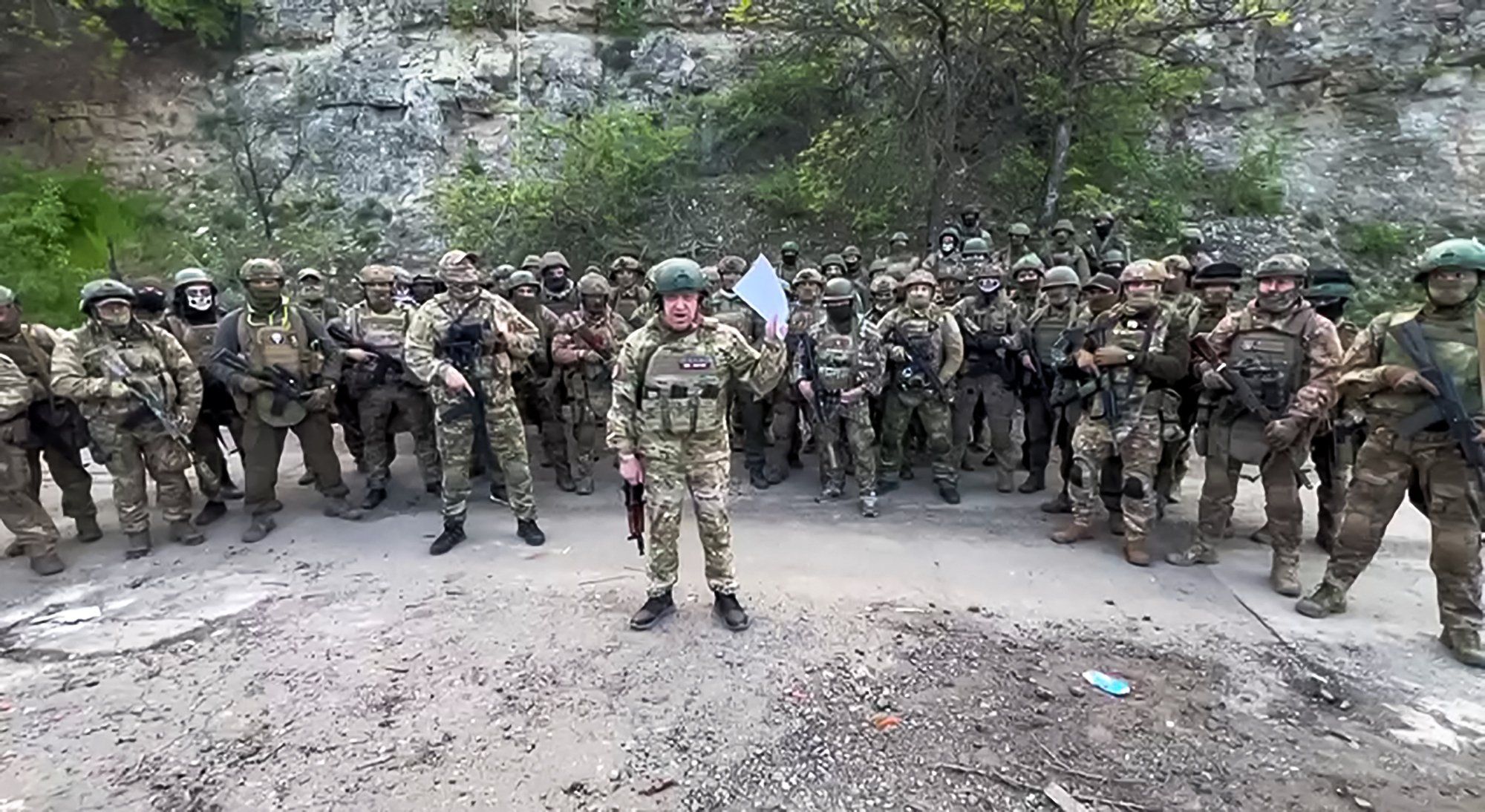The War in Ukraine: Russia's Wagner Group
Understanding the role of the Wagner Group private military in Russia's illegal invasion of Ukraine.

The Wagner Group is a private military organization that was founded by Dmitry Utkin, a former GRU officer, along with Yevgeny Prigozhin, a Russian oligarch and businessman. The group was founded in 2014. The group was used earlier by the Russian military during the Donbas war from 2014-2015, however the Wagner Group saw contracts in other countries as well, where it often fought on the sides most aligned with Russian ideals. The group has been heavily involved with the current Russian invasion of Ukraine, fighting alongside Russian forces. The group supposedly has 50,000+ soldiers, many of which are former inmates from Russia being used to fight on the frontlines in Ukraine.
Wagner’s involvement in the Russian invasion of Ukraine
The Wagner Group was hired by the Russian military to assist them in the invasion of Ukraine, and it is often described as Vladimir Putin’s private army. There is evidence that the Wagner Group was used In some way as a proxy for the Russian Military, which allowed Russia to deny any involvement in operations undertaken by the group. It was revealed that Russia itself was funding the Wagner Group, and the group uses the same infrastructure that is employed by the Russian military. Wagner operatives have been accused of committing war crimes and other heinous actions, which likely stems from their usage of prison inmates as a fighting force. The usage of inmates allowed them to grow their numbers from around 1,000 active members to between 20 and 50 thousand.
Wagner’s Rebellion
On the 23rd of June, 2023, The Wagner Group launched an all-out armed rebellion against the Russian Military. This rebellion occurred due to the tensions between Yevgeny Prigozhin and the Russian Ministry of Defense. Prigozhin had refused to integrate his Wagner Group into the Russian Military, and had openly criticized and denounced the Russian Minister of Defense, Sergei Shoigu, as well as the Chief of the General Staff, Valery Gerasimov. He blamed Shoigu for the shortcoming of the Russian Military, accusing him of deliberately losing Russian territory to Ukraine. Wagner also accused the Russian Military of bombing his forces, which provoked the armed rebellion against Russian forces. The rebellion intended to march on Moscow and depose the Russian MoD, causing Vladimir Putin to mobilize the Russian Military against them and denounce their actions as treason. Although it’s intended target was Moscow, the rebellion never made it there due to the intervention of Belarusian President Alexander Lukashenko. The rebellion made it as far as Rostov-On-Don and successfully took control of it. Following Lukashenko’s intervention, Putin offered Prigozhin three choices to resolve the rebellion, those being joining the Ministry of Defense, moving to Belarus, or disbanding. Prigozhin ultimately agreed to step down and withdrew from Rostov-On-Don, ending the Wagner Group’s rebellion.
